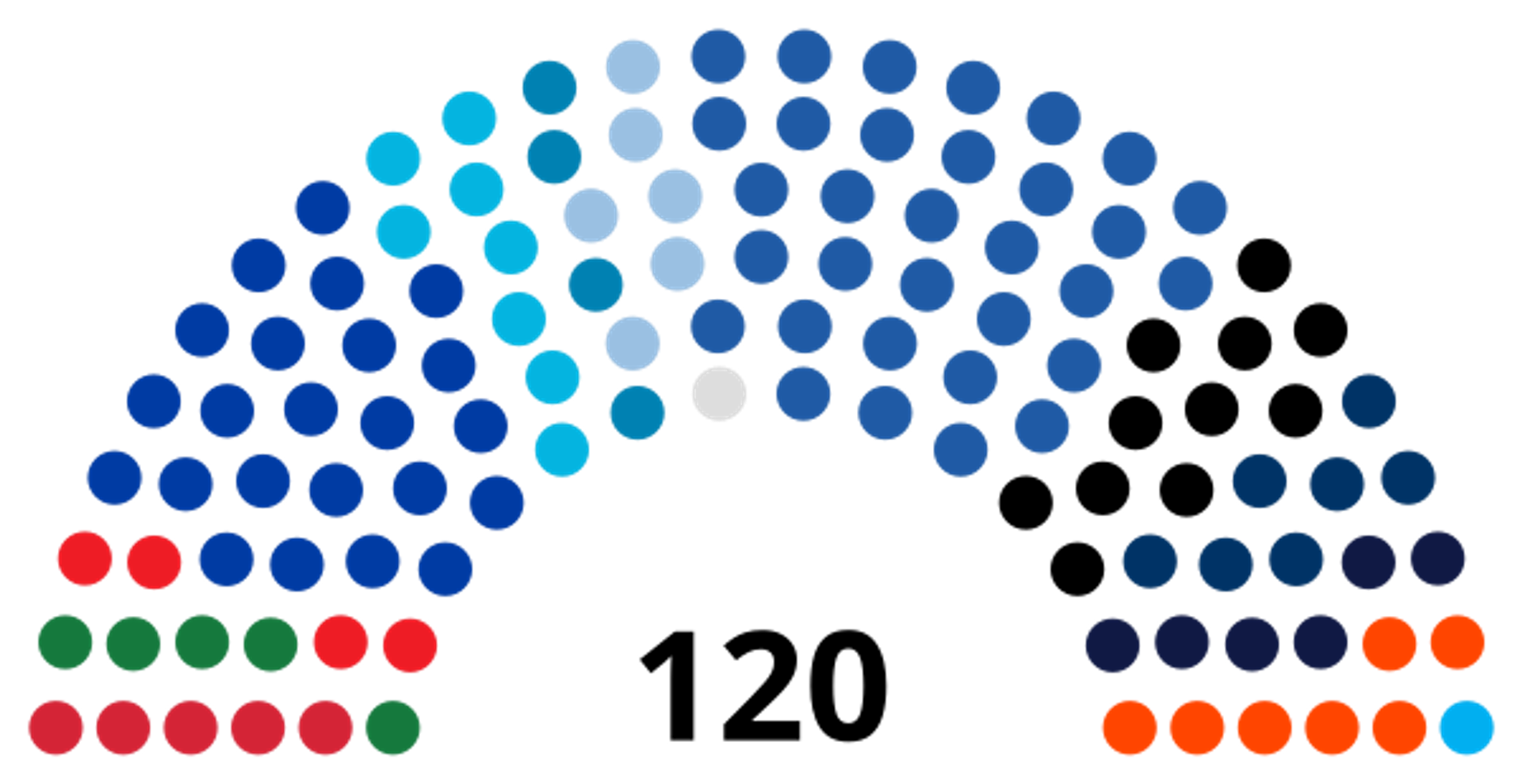
National Institute for Health and Care Excellence
What do people say about National Institute for Health and Care Excellence?
NICE is increasingly viewed with skepticism and frustration in the UK. Critics argue that its recommendations are often slow to reflect new medical advancements and do not adequately address the complexities of contemporary healthcare challenges. As a non-departmental public body, its perceived disconnect from frontline healthcare needs has led to calls for reform and greater agility in its processes. While some value its role in standardizing care, many express that its guidelines are becoming obsolete, risking the quality of patient care in a rapidly evolving healthcare landscape.
Where are the conversations happening?
Critical discussions about NICE predominantly arise from healthcare professionals and patient advocacy groups, particularly on platforms like social media and health news outlets. The dissatisfaction is often highlighted in articles from the Guardian and the BBC, which tend to amplify voices advocating for NHS reforms. These sources underscore the urgency for NICE to adapt its methodologies to better serve the public and healthcare community, reflecting a broader call for systemic change within the UK's healthcare framework.
What are the topics trending around National Institute for Health and Care Excellence?
Debates surrounding the modernization of healthcare guidelines, calls for increased patient involvement in decision-making, and the ongoing challenges faced by the NHS in delivering timely and effective care are prominent topics. These trends indicate a growing urgency for NICE to reassess its strategies and stakeholder engagement methods.
Why are these topics trending?
The emergence of these trends is driven by increasing awareness of patient rights and the demand for healthcare systems to be more responsive and adaptable. Discussions around NHS pressures and the necessity for evidence-based, timely healthcare decisions are compelling stakeholders to push for reforms in NICE's operations, indicating a significant shift in expectations from public health entities.
How is National Institute for Health and Care Excellence being talked about?
Detailed breakdown of public sentiment and conversations about this entity.
Impact vs Sentiment
See how each entity's high impact percentage relates to their positive sentiment percentage from actual mentions.





